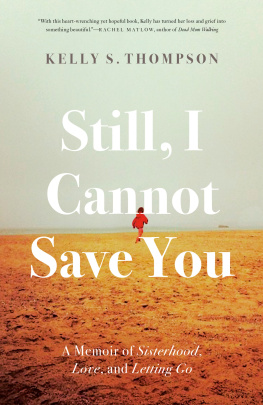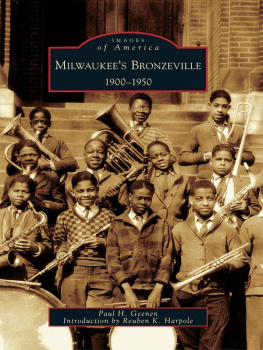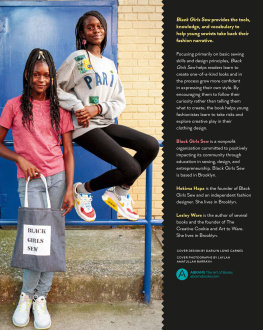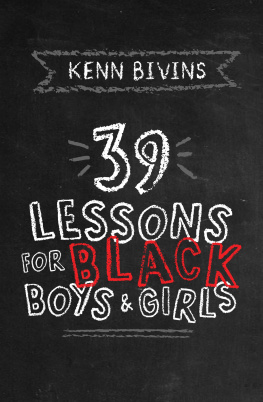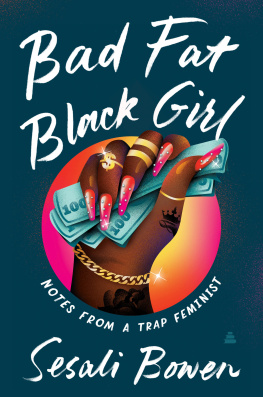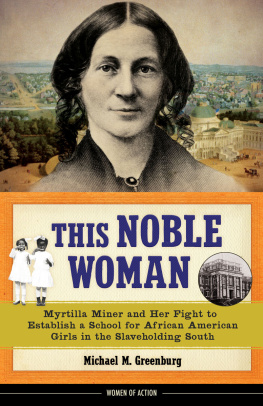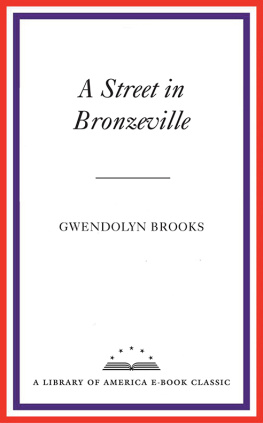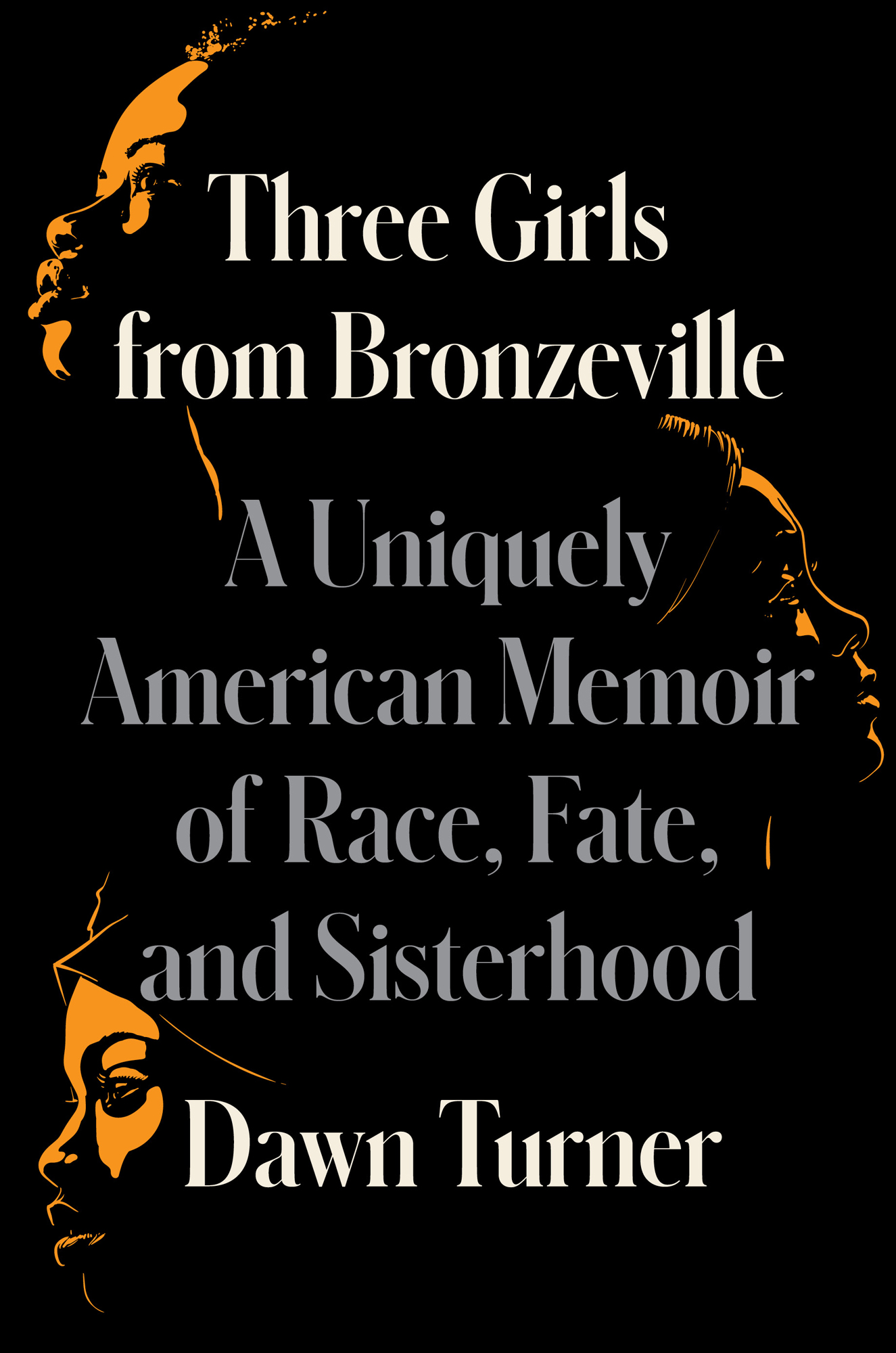Dawn Turner - Three Girls from Bronzeville: A Uniquely American Memoir of Race, Fate, and Sisterhood
Here you can read online Dawn Turner - Three Girls from Bronzeville: A Uniquely American Memoir of Race, Fate, and Sisterhood full text of the book (entire story) in english for free. Download pdf and epub, get meaning, cover and reviews about this ebook. year: 2021, publisher: Simon & Schuster, genre: Non-fiction. Description of the work, (preface) as well as reviews are available. Best literature library LitArk.com created for fans of good reading and offers a wide selection of genres:
Romance novel
Science fiction
Adventure
Detective
Science
History
Home and family
Prose
Art
Politics
Computer
Non-fiction
Religion
Business
Children
Humor
Choose a favorite category and find really read worthwhile books. Enjoy immersion in the world of imagination, feel the emotions of the characters or learn something new for yourself, make an fascinating discovery.
- Book:Three Girls from Bronzeville: A Uniquely American Memoir of Race, Fate, and Sisterhood
- Author:
- Publisher:Simon & Schuster
- Genre:
- Year:2021
- Rating:4 / 5
- Favourites:Add to favourites
- Your mark:
Three Girls from Bronzeville: A Uniquely American Memoir of Race, Fate, and Sisterhood: summary, description and annotation
We offer to read an annotation, description, summary or preface (depends on what the author of the book "Three Girls from Bronzeville: A Uniquely American Memoir of Race, Fate, and Sisterhood" wrote himself). If you haven't found the necessary information about the book — write in the comments, we will try to find it.
A Best Book of 2021 by BuzzFeed and Real Simple
A beautiful, tragic, and inspiring (Publishers Weekly, starred review) memoir about three Black girls from the storied Bronzeville section of Chicago that offers a penetrating exploration of race, opportunity, friendship, sisterhood, and the powerful forces at work that allow some to flourish...and others to falter.
They were three Black girls. Dawn, tall and studious; her sister, Kim, younger by three years and headstrong as they come; and her best friend, Debra, already prom-queen pretty by third grade. They bondedfervently and intensely in that unique way of little girlsas they roamed the concrete landscape of Bronzeville, a historic neighborhood on Chicagos South Side, the destination of hundreds of thousands of Black folks who fled the ravages of the Jim Crow South.
These third-generation daughters of the Great Migration come of age in the 1970s, in the warm glow of the recent civil rights movement. It has offered them a promise, albeit nascent and fragile, that they will have more opportunities, rights, and freedoms than any generation of Black Americans in history. Their working-class, striving parents are eager for them to realize this hard-fought potential. But the girls have much more immediate concerns: hiding under the dining room table and eavesdropping on grown folks business; collecting secret treasures; and daydreaming about their futuresDawn and Debra, doctors, Kim a teacher. For a brief, wondrous moment the girls are all giggles and dreams and promises of friends forever. And then fate intervenes, first slowly and then dramatically, sending them careening in wildly different directions. Theres heartbreak, loss, displacement, and even murder. Dawn struggles to make sense of the shocking turns that consume her sister and her best friend, all the while asking herself a simple but profound question: Why?
In the vein of The Other Wes Moore and The Short and Tragic Life of Robert Peace, Three Girls from Bronzeville is a piercing memoir that chronicles Dawns attempt to find answers. Its at once a celebration of sisterhood and friendship, a testimony to the unique struggles of Black women, and a tour-de-force about the complex interplay of race, class, and opportunity, and how those forces shape our lives and our capacity for resilience and redemption.
Dawn Turner: author's other books
Who wrote Three Girls from Bronzeville: A Uniquely American Memoir of Race, Fate, and Sisterhood? Find out the surname, the name of the author of the book and a list of all author's works by series.



